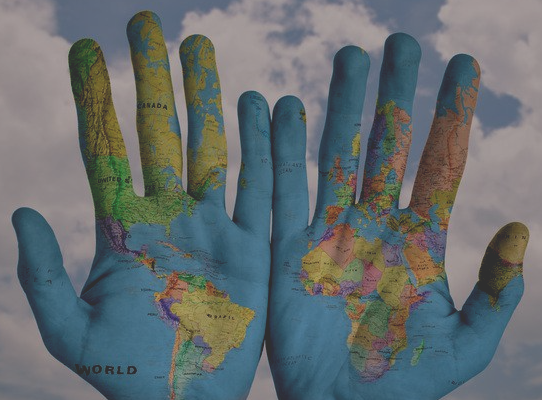
Imagine you are a seven-year-old child, surrounded by people just like you, racially and ethnically. They teach you the beliefs, language, food, music and traditions of their culture, your culture; but suddenly, in the blink of an eye everything changes.
Can you imagine how your seven-year-old self would feel if everything you knew in your short life suddenly disappeared? What challenges do you think you would have to face and perhaps continue to face into adulthood? Now, think about how that would feel for a moment. What types of emotions come up?
Breathe it in and out…
This is what happened to me. At age seven, I was adopted. Adoption, for me, meant that I had to leave the only home I ever knew in Seoul, South Korea and move halfway across the world to a new home located in a rural farming community in the Midwest.
In America, my new parents didn’t look like me, didn’t speak the same language, didn’t eat the same foods and didn’t share the same beliefs that I had been taught. They loved playing cards (specifically 500), dancing to polka music, watching American football, practicing the Catholic Faith, and participating in all the cultural norms of daily life that were accepted in this predominantly rural white farming community that I was to now call my home.
My adoptive family’s surname was German, so Sooyoung became Andrea. This seemed to suggest that by simply changing my name, I would fit into my new environment.
As time passed, I forgot the native language, culture, and ethnicity that I knew before as I focused on assimilating to my “new” world. But as hard as I tried, I truly never assimilated. I struggled growing up in this rural predominately white American farming community because even though I had adopted the acceptable language and cultures, I was still different.
Growing up as a child, I had some opportunities to eat my native food Kimchi. But there was a condition. I had to eat it downstairs in the basement because it was too “stinky”.
Others shared with me how light my skin color was and how I looked like them even though they were white. Another time, a fifth-grade classmate told me to go back to where I came from.
Imagine as a child growing up in this environment, the message I continuously received from my new family and my new community was that I didn’t really fit in. As a result, I really lost the sense of Who I was.
Even when others thought they were being kind; they didn’t understand that the implicit and explicit bias of their words and actions were a continuous reminder that I was not one of them.
Now, if you were the parent, how would you make the community aware of and integrate this seven-year old’s race, culture, and ethnic background so that they don’t feel so different?
How can you help them feel more secure and have a sense of belonging in their new home and community?
To learn more, part 2 will be coming soon.